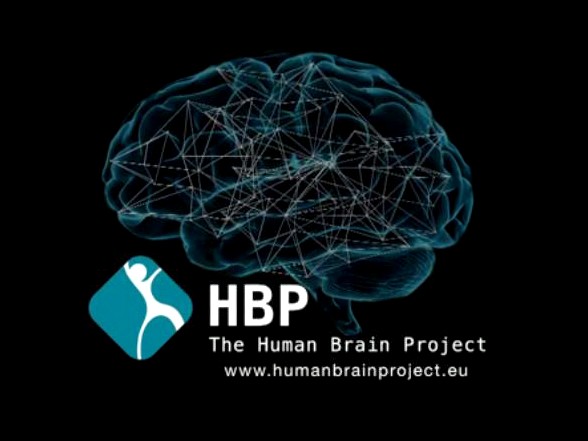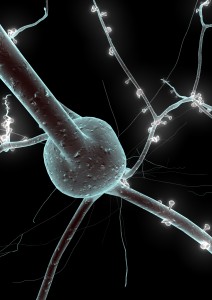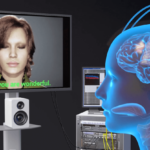The 21st century is the century of the brain according to scientists and researchers from 135 institutions around the globe who have launched the Human Brain Project this week. Their goal is to develop a deep understanding of the human brain to achieve a number of important breakthroughs in the fields of neuroinformatics, neural simulation, medical informatics, high performance computing, neuromorphic computing and robotic intelligence.
One of the goals is to develop broad interdisciplinary academic programs to train scientists in these various fields. This will include the development of open online courses, video lectures and tutorials, and formal academic programs that offer university accreditation in brain science. It is hoped that the project will develop a core of 5,000 new young scientists to keep the project moving forward.
The human brain contains 100 billion neurons and we are only beginning to understand the complexity of how they interact. The project will model the actual working of the brain from a single neuron to the geometry and behavior of neural circuitry. From the simulations created to match the actual function of brain circuitry scientists hope to gain greater insight into the causes of autism, depression, Parkinson’s and Alzheimer’s. They also hope to be able to test new drugs without animal studies to see how and what dosage levels of pharmaceuticals help in curing people with neurological conditions. In addition the project expects to develop better brain-prosthetic interfaces for artificial limbs.
The timing of the project launch is critical. Our world’s population is aging and many brain diseases are directly associated with growing older. Developing understanding of the brain’s complex circuitry should lead to breakthroughs in dealing with them.
Much of this project is being driven by universities from the European Union, assisted by similar institutions in Israel, Japan and the United States. By 2016 the combined team hopes to have a complete simulated model of the brain operating on a supercomputer. From this model new microchips and artificial intelligence programming techniques will evolve with benefits for the fields of neuroscience, medicine and computing.
Because our brains perform computations using no more power than an incandescent light bulb, when we finally understand how we do this we will be able to develop neuromorphic computing systems with similar capability. The impact of such an advancement will be transformational for all of us in the 21st century. We will understand the causes of brain diseases and develop mechanisms and therapies for treatment. We will create smarter low-energy requirement machines and robots that will exhibit human intelligence. And we will finally understand the cognitive aspects of what makes us human.
This week the scientists have gathered in Lausanne, Switzerland, to get the project underway. Ten years from now, by 2023, when they have completed their work, we will see the world changed forever.

















